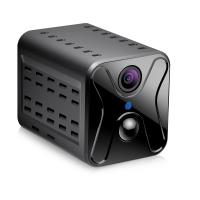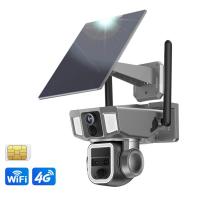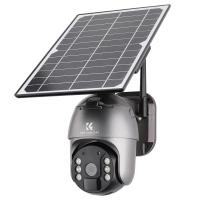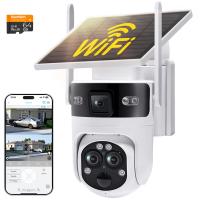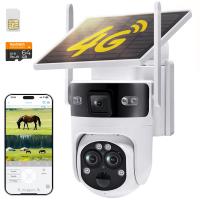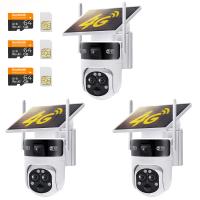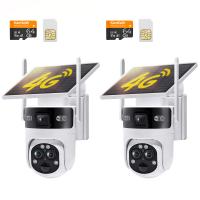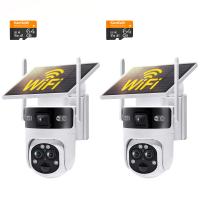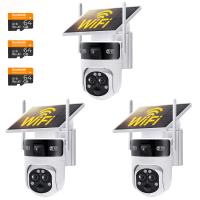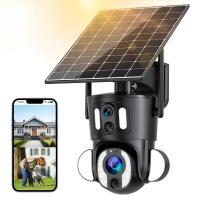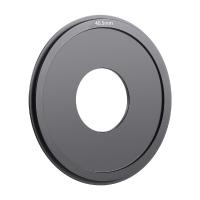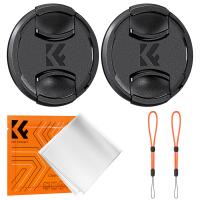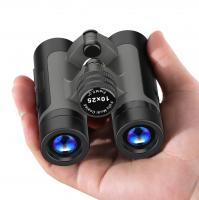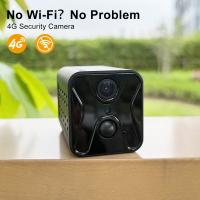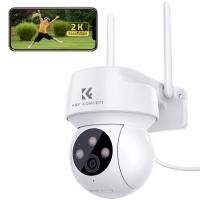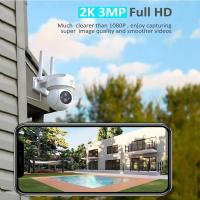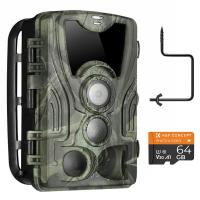Why Security Camera?
In an increasingly connected world, the significance of security cameras has never been more apparent. Whether in homes, businesses, or public spaces, the role of security cameras goes far beyond simple surveillance. They serve as tools that bring peace of mind, act as deterrents to criminal activity, and even improve operational efficiency in commercial settings. But the question remains: why are security cameras so vital, and what practical benefits do they offer? This article will delve into the reasons behind the growing importance of security cameras and explore their applications, benefits, and considerations for various scenarios.
Security Cameras as Crime Prevention Tools
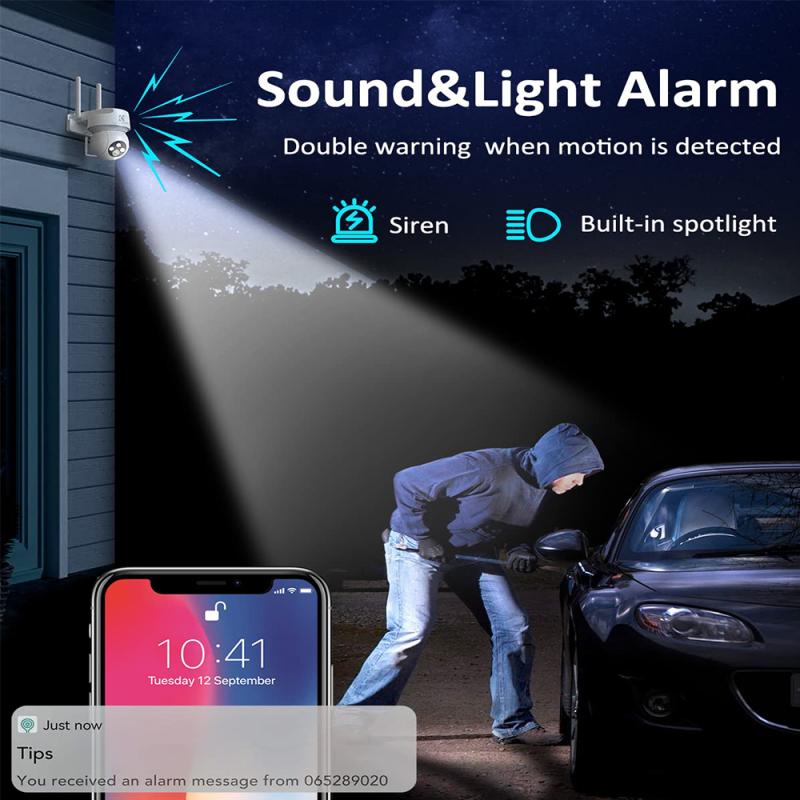
One of the most compelling arguments for using security cameras is their ability to deter crime. Visible surveillance cameras can make potential criminals think twice before engaging in illegal activities such as theft, vandalism, or trespassing. Much like how the presence of a police officer promotes order, a prominently placed security camera can create a psychological barrier for would-be offenders.
For example, studies have indicated that areas with installed security cameras often see a significant reduction in criminal activity. Both private property owners and local governments often turn to surveillance as a proactive measure in high-risk areas. Whether you're a business owner protecting your inventory or a homeowner safeguarding your family, the presence of a security camera offers both a visual and psychological deterrent.
Evidence Collection
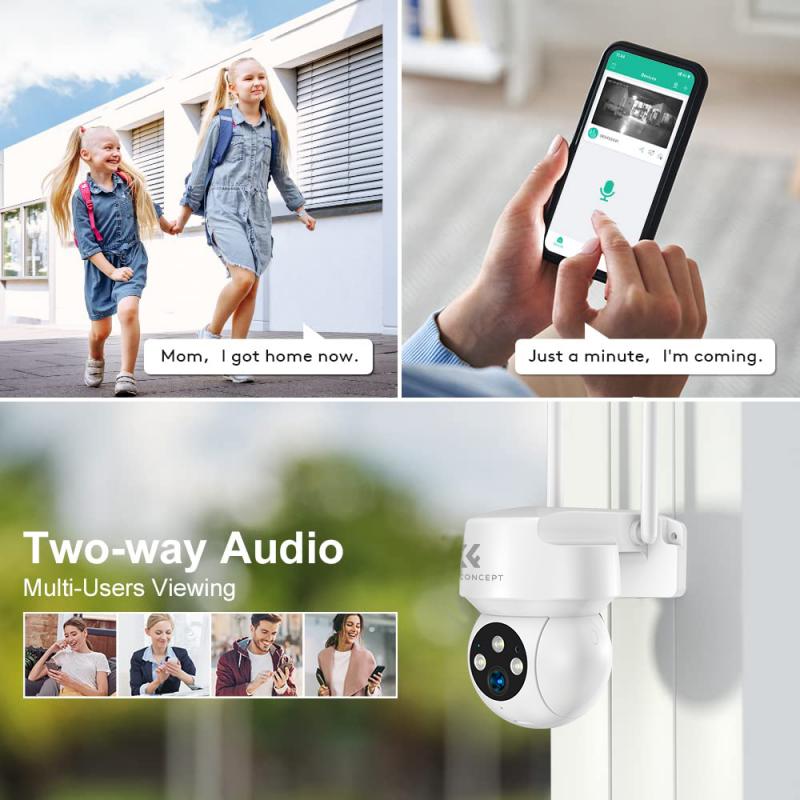
Despite preventive measures, crimes and disputes can still occur. Security cameras act as reliable witnesses when such incidents arise. Cameras record visual and sometimes audio evidence, which can be invaluable in resolving conflicts, legal disputes, or insurance claims.
For instance, in retail settings, security camera footage can help identify a shoplifter. In a legal context, it may provide critical evidence during court proceedings. The ability to retrieve date- and time-stamped video evidence ensures accurate and impartial reporting of events, which can be used to validate and substantiate claims. Police departments and law enforcement agencies often rely on surveillance footage to piece together timelines of criminal activity, identify suspects, and prosecute criminals effectively.
Enhancing Safety and Monitoring
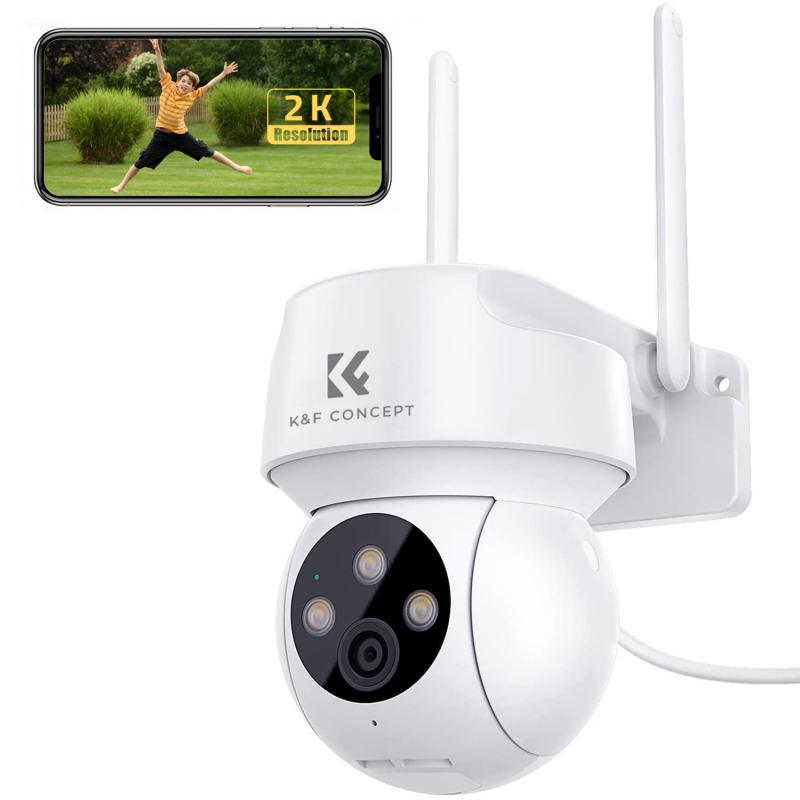
Safety is a natural concern for everyone—from families to businesses. Security cameras enable real-time monitoring of properties, assets, and individuals, making them especially relevant for high-risk or highly populated areas. Many modern systems now include mobile apps or remote access capabilities, granting users real-time footage and alerts, even if they are not at the location being monitored.
For business owners, this feature can be especially advantageous. Think about employee safety in a manufacturing environment or overseeing operations in a retail or warehouse setting. For parents, a camera in a child’s playroom, a home driveway, or outdoors by the pool can alleviate concerns by providing reassurance.
Moreover, smart security cameras integrated with AI technology can even go one step further by recognizing faces, detecting unusual activity, or alerting property owners in real time—a feature that considerably boosts personal safety and overall peace of mind.
Employee Accountability and Productivity in Businesses
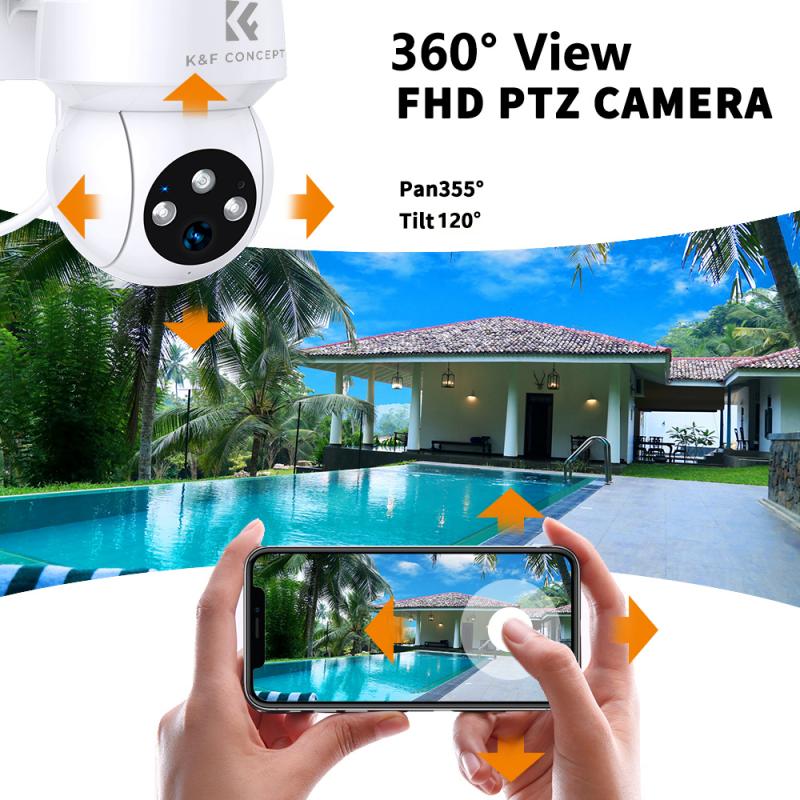
Beyond security, surveillance cameras can play an important role in enhancing the productivity and accountability of employees in the workplace. In industries such as retail, manufacturing, and hospitality, security cameras ensure that employees adhere to company policies, remain compliant with safety standards, and perform at their best.
For example, monitoring workflows in production lines or retail stores can provide insights into bottlenecks or inefficiencies, allowing management to optimize operations. Additionally, security cameras can discourage employee misconduct or workplace harassment, further ensuring a professional and respectful work environment.
However, it’s essential to balance this use of security cameras with considerations for employee privacy, installing them only in common areas such as work floors or entry points rather than private spaces. Open communication with employees and clear policies laying out the purpose of the surveillance can foster trust while ensuring a secure and efficient workspace.
Technology Integration: Smarter Cameras for a Smarter Future
The evolution of modern technology has transformed what security cameras can achieve. Traditional analog video systems have been largely replaced by advanced Internet Protocol (IP) cameras. These new devices come equipped with high-definition recording capabilities, night vision, motion detection, and even artificial intelligence.
For example, IP cameras can integrate seamlessly with other smart home devices such as smart locks, alarms, and doorbell cameras, creating a centralized security system controlled through a smartphone app. Cloud storage options also allow users to store recorded footage securely without worrying about physical hardware failure.
AI-powered cameras, meanwhile, take things to a whole new level. Thanks to machine learning, they can distinguish between pets, vehicles, and humans, ensuring that property owners receive only relevant alerts. Many systems even provide facial recognition or object identification, which can further automate and enhance monitoring efforts.
Cost-Effective Solution for Long-Term Security
Contrary to what some people may assume, security cameras can be a cost-effective investment. While initial setup costs may seem substantial—especially for larger, multi-camera setups—the long-term savings often outweigh the price.
For residential properties, installing surveillance can lead to lower homeowner insurance premiums due to reduced security risks. For businesses, cameras can minimize financial losses caused by theft, fraud, or operational inefficiencies. Moreover, the deterrent effect alone could save property or business owners thousands of dollars by preventing incidents that could have had costly repercussions.
Additionally, many modern systems offer scalable plans based on needs. For homes and small businesses, even affordable and straightforward camera setups can provide adequate coverage and peace of mind. Meanwhile, enterprise-grade solutions are available for large companies with more sophisticated security concerns.
Privacy Concerns and Ethical Considerations
While the benefits of security cameras are plentiful, it’s crucial to address the concerns around privacy and ethics. Security cameras, particularly in public spaces or shared environments, must strike a balance between safety and the right to privacy.
For instance, cameras that monitor common areas are often deemed acceptable, but those recording private spaces can lead to legal and ethical issues. Furthermore, homeowners must consider their neighbors' rights when installing outdoor cameras to avoid intruding on the privacy of others inadvertently.
In many jurisdictions, laws regulate the placement of security cameras, requiring that surveillance happens in a lawful and fair manner. For businesses, clear policies and transparency can help maintain the trust of both customers and employees while still reaping the benefits of surveillance.
Choosing the Right Security Camera
If you're considering a security camera for your home or business, there are a few key factors to take into account when choosing the right system:
1. Purpose and Placement: Identify the primary objective (e.g., crime deterrence, monitoring employees, or securing assets) and decide where you need the cameras.
2. Camera Type: Decide whether to use wired or wireless cameras, outdoor or indoor models, and analog or modern IP systems.
3. Resolution and Image Quality: Opt for high-definition cameras with clear resolution to ensure usable footage.
4. Features: Look for motion detection, AI integration, two-way audio, or night vision as additional features to enhance functionality.
5. Budget: Determine how much you're willing to invest in equipment, installation, and ongoing maintenance. Don't forget to factor in hidden costs such as cloud storage plans or additional hardware.
6. Data Security: Ensure that the system you choose complies with the latest cybersecurity standards to prevent data breaches or unauthorized access to footage.
Final Thoughts
The question "Why security cameras?" boils down to their unparalleled utility in improving safety, security, and operational efficiency. From deterring criminal acts to creating safer workplaces and smarter homes, security cameras have become indispensable tools of modern life. With evolving technologies such as AI and cloud integration, the possibilities and benefits of surveillance systems will only continue to grow.
Of course, it's also important to approach the implementation of security cameras with responsibility and consideration—balancing the need for surveillance with respect for individual privacy. By carefully selecting the right system for your unique needs, you can effectively fortify your home or business while enjoying the peace of mind that comes with keeping your surroundings secure.

